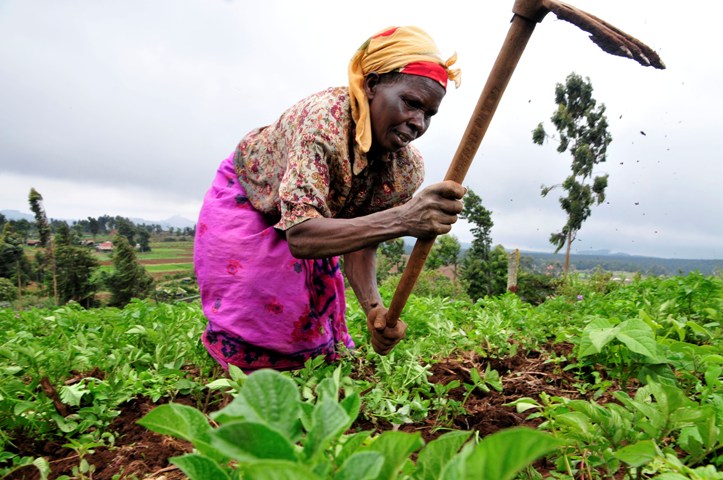AfDB to accelerate circular economy in Africa with waste management initiative
The rationale for the initiative, entitled “Development of a Green Growth Investment Program in Africa focused on waste management and the circular economy,” is that waste management constitutes one of the major developmental challenges for Africa.

- Country:
- Ivory Coast
With an initiative funded by the KOREA-AFRICA ECONOMIC COOPERATION (KOAFEC) focused on waste management, the African Development Bank aims to accelerate the circular economy in Africa, a model which aims to minimise waste and maximise value from resources through the recovery and regeneration of products at the end of their typical service life.
The rationale for the initiative, entitled “Development of a Green Growth Investment Program in Africa focused on waste management and the circular economy,” is that waste management constitutes one of the major developmental challenges for Africa. It has serious potential consequences in terms of environmental quality, public health, fisheries, agriculture, and sustainable development. The expected outcome of the KOAFEC intervention is a stronger enabling environment for sustainable waste management and circular economy activities. This will be delivered through an enhanced policy and regulatory framework, capacity building and resource mobilization activities.
The initiative specifically unlocks opportunities for public, private and public-private investment projects in Algeria, Ethiopia and Rwanda, three countries which have already taken steps to advance sustainable waste management and the circular economy. The initiative will identify key opportunities for private and public sector investment in the waste management and circular economy sectors. In Ethiopia, the focus is on energy recovery from waste incineration. Algeria is promoting enhancing the value of waste through recycling, composting and remanufacturing. Rwanda has phased out plastic bag use to promote sustainable consumption and production patterns.
“For African countries, the circular economy model offers concrete means to deliver on their Paris Agreement and Sustainable Development Goal (SDG) commitments and the broader Africa Agenda 2063 through the scaling of green innovations with a positive impact on job creation and resource optimization,” said Prof. Anthony Nyong, Director for Climate Change and Green Growth at the African Development Bank. “In this regard, the circular economy model strongly aligns with the Bank’s High 5 agenda and brings forth innovations with the potential for new project pipelines for the Bank’s operations.”
The initiative hosted a series of virtual consultations in November and December 2020 on accelerating the circular economy. The first webinar explored the challenges, priorities, and potential opportunities to stimulate transformative green growth and circular economy development through strategic investments and partnerships in sustainable waste management, with a geographical focus on Africa.
The second webinar stimulated discussions on strategies and approaches to mobilizing investment through public-private partnerships (PPP), blended finance, and other innovative approaches to enhance green growth and circular economy development.
The discussions included other development institutions, potential implementing partners and co-financiers. Attendees expressed their interest in engaging further with the Bank on circular economy initiatives, specifical linkages with the Africa Circular Economy Facility (ACEF), a multi-donor trust fund, to support the adoption of circular practices in the Bank’s Regional Member Countries.
The KOAFEC initiative will deliver ‘gap analysis’ reports for each country with a detailed list of priority areas and identification of viable investment opportunities for the public, private and PPP interventions. Other outputs will include the preparation of three concept notes for investment projects or technical assistance interventions in each country, as well as the dissemination of success stories in collaboration with relevant stakeholders.










